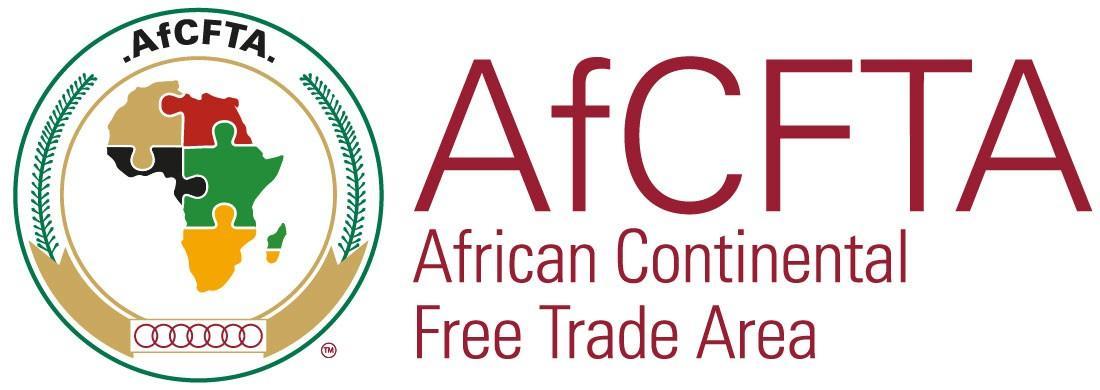Africa-Press – Eswatini. Eswatini is ready to start trading under the African Continental Free Trade Area (AfCFTA) Guided Trade Initiative (GTI).
The Minister of Commerce, Industry and Trade, Manqoba Khumalo, has revealed that internal customs processes in the form of the necessary documents that would allow traders to access the AfCFTA market have been finalised. In an interview with this publication, Khumalo stated that this meant that those traders who were interested to start trading under the AfCFTA could do so and this would be done immediately after they had finalised the gazetting of their offer collectively as Southern Africa Customs Union (SACU) member States; a process which was already at advanced stages. “Traders are already aware of this initiative and they are waiting eagerly to penetrate the AfCFTA market,” Khumalo said. When asked as to how far would these developments benefit the country, the minister said the AfCFTA market was a bigger market in terms of size and market share comprising the 55 African Union (AU) countries with a population of 1.3 billion people and a combined GDP of about US$3.4 trillion, which presents greater opportunities for the country and the business community as a whole.
Volumes
Last week, AfCFTA Secretary General Wamkele Mene said that they had seen the start of trading in earnest, with goods moving across borders, even though it was not to the anticipated volumes as yet because the agreement was still in its early stages. Speaking at the World Economic Forum (WEF) Annual Meetings, Mene said they had developed the routes and the legal construct that enabled a single market to be effective, through the private sector participation. He mentioned the launch of the Pan-African Payments and Settlements System (PAPSS) last year, which aims to enable payments to overcome currency convertibility that constraints growth in Africa. PAPSS is a centralised payment and settlement system for intra-African trade in goods and services using local currencies to bypass the need for a third currency, such as the US Dollar or the Euro in a continent that currently has approximately 42 individual currencies.
“So this year, our intention is to accelerate the implementation of the AfCFTA. Last year, we had seven countries that took part in a pilot of trading under the rules of the AfCFTA. This year there will be 31 participants in the guided trading initiative, applying the preferential rules of the AfCFTA for trade,” Mene said. “The products that were traded ranged from processed agricultural products to manufactured goods, to services also. The lessons that we learnt were that, actually, the private sector across the continent is ready to take advantage of the AfCFTA, governments have to move much faster.”
Access
Last year, the AfCFTA Secretariat selected Cameroon, Egypt, Ghana, Kenya, Mauritius, Rwanda and Tanzania to participate in the Initiative on Guided Trade trial, which enabled the selected countries to access certain markets at preferential rates for certain products. For example, Kenya was able to trade milk, cheeses, textiles and horticulture products in west and central Africa and Rwanda was able to trade telephones, textiles, insecticides, pesticides, processed food and horticulture products. “This year, the intensified efforts will be on the services sector: Tourism sector, banking sector, within the framework of this pilot guided trading initiative that we are implementing,” Mene said. “Soon, the ministers of trade will conclude the protocol on digital trade, which will further enhance the competitiveness of Africa’s economy.”
For More News And Analysis About Eswatini Follow Africa-Press







